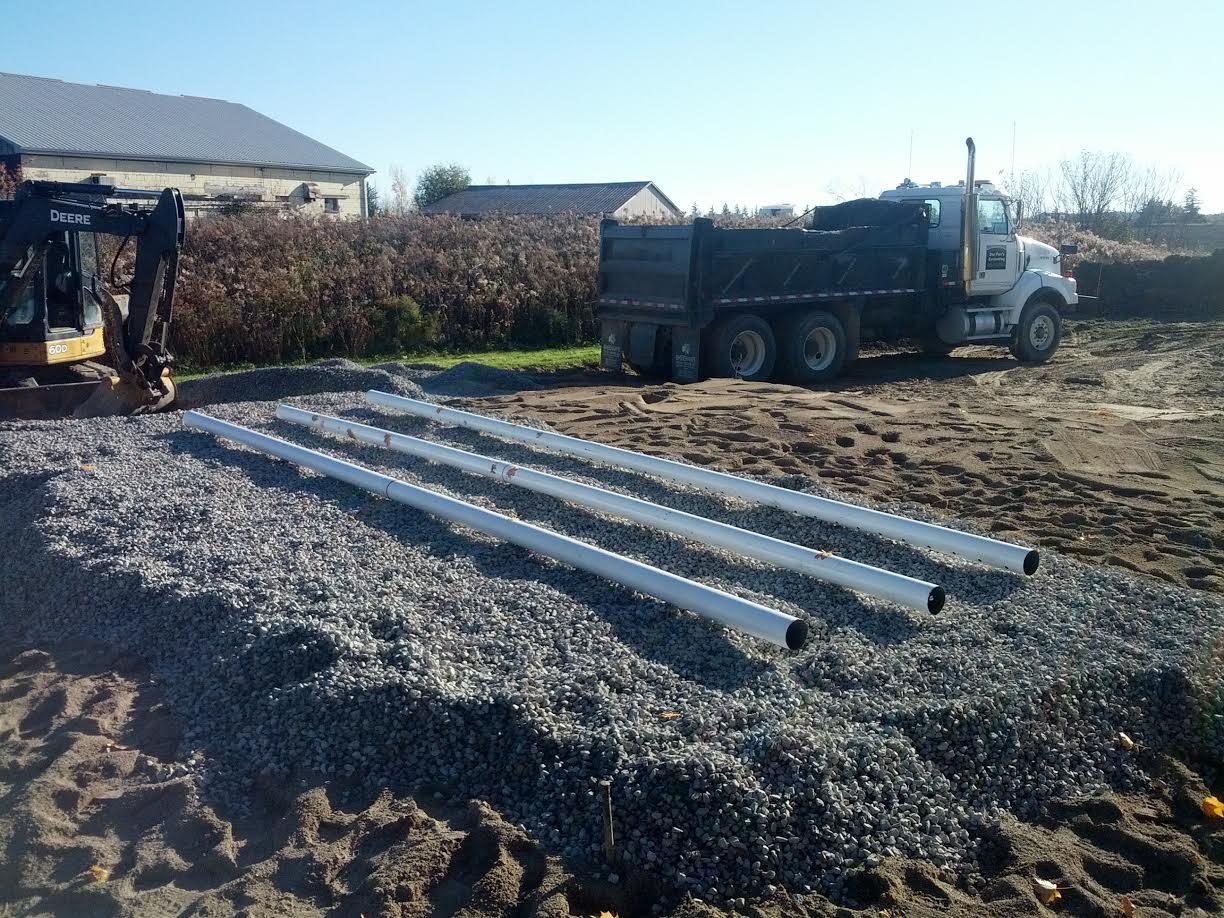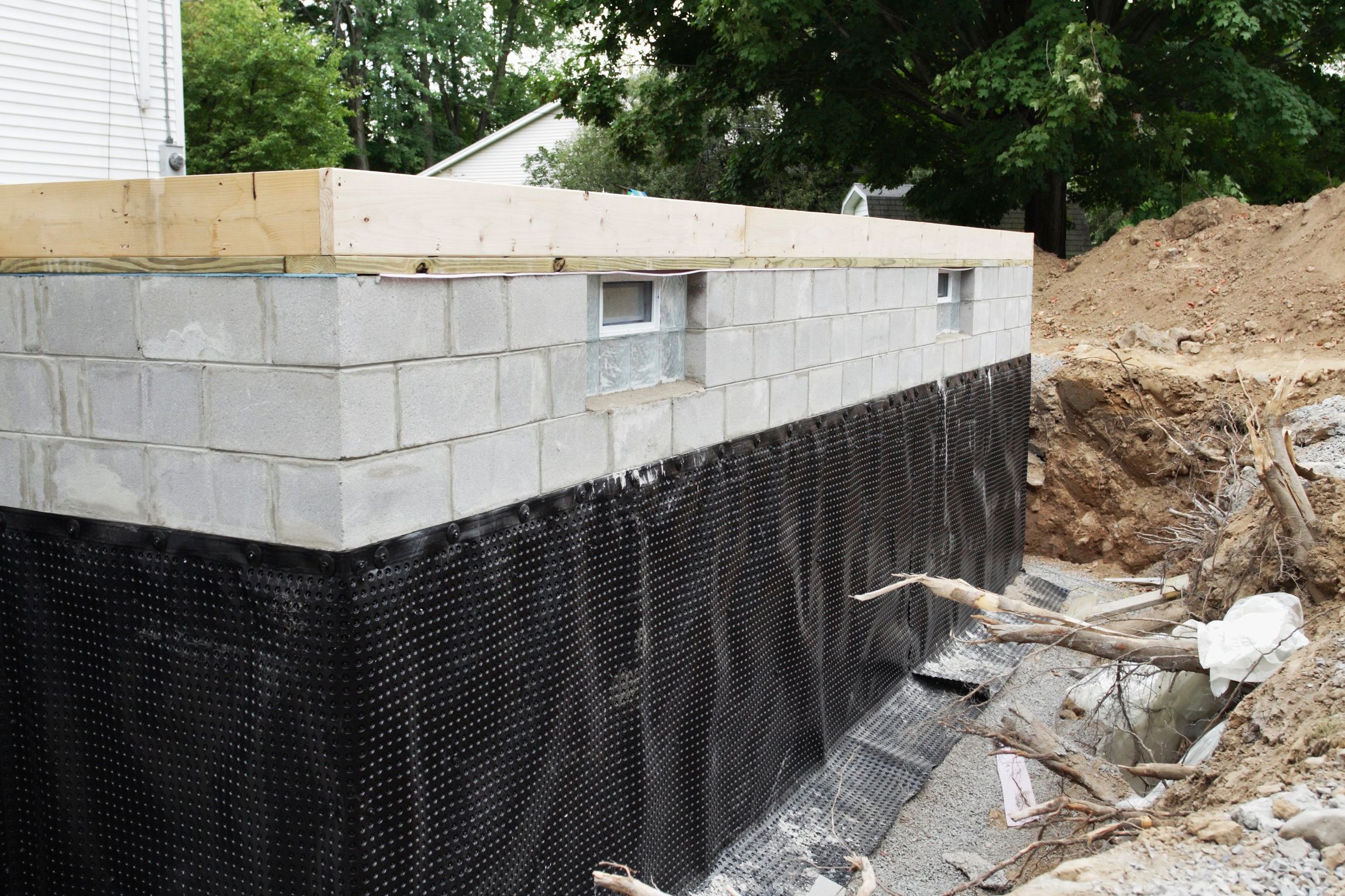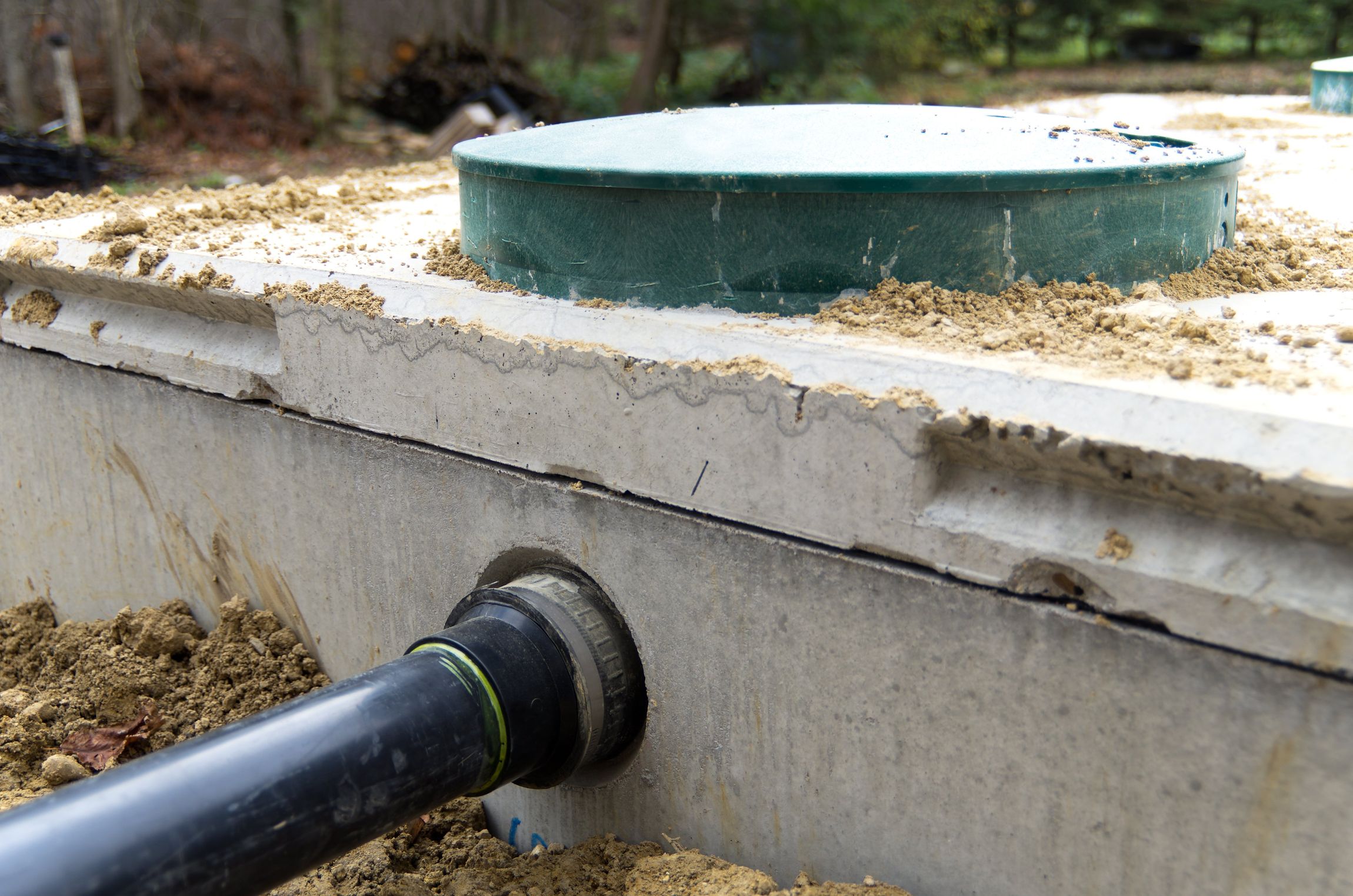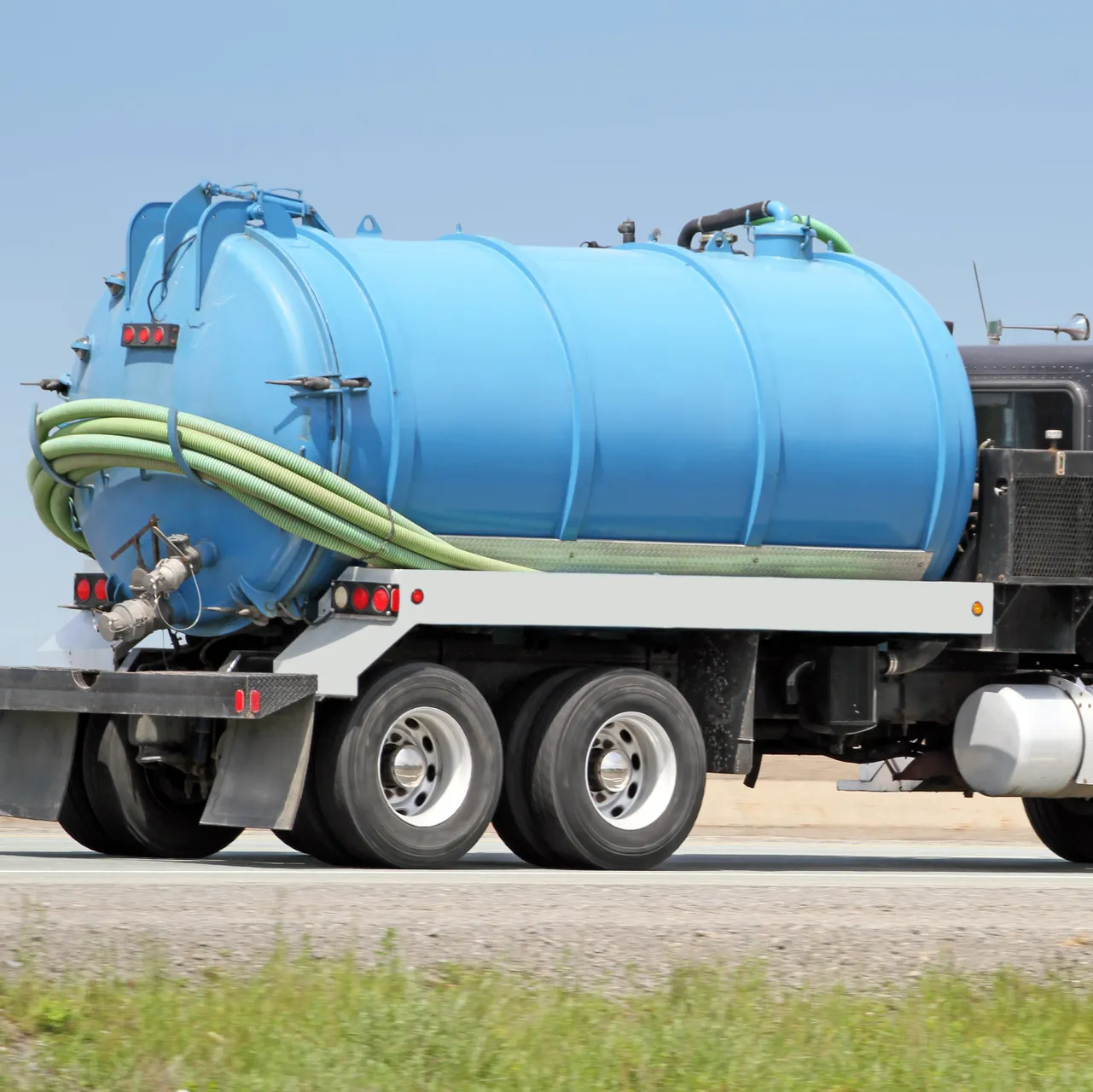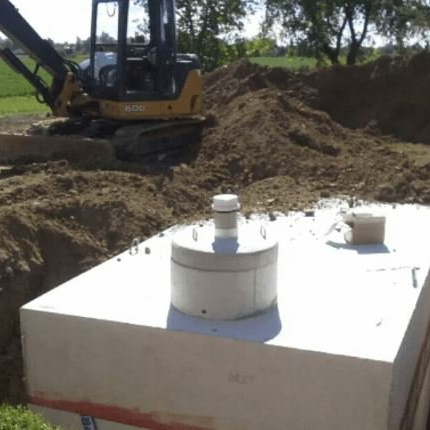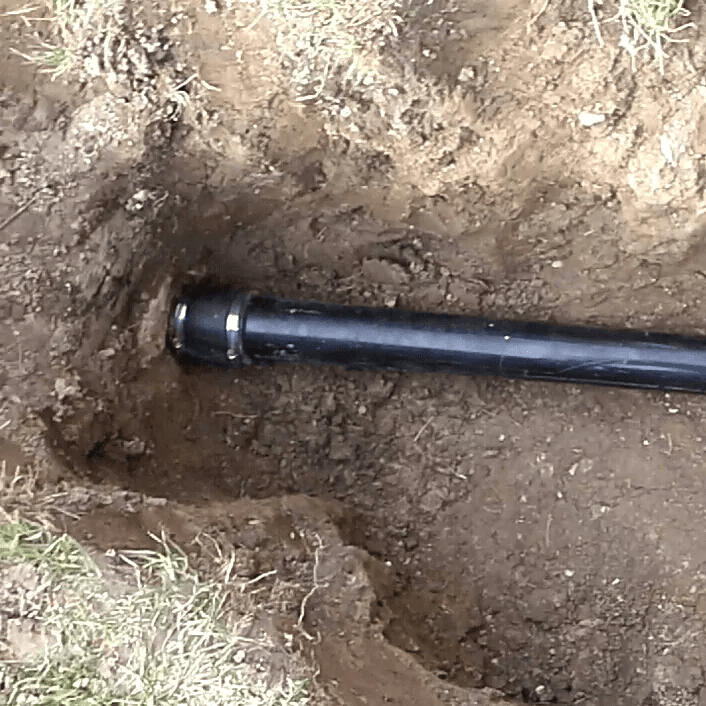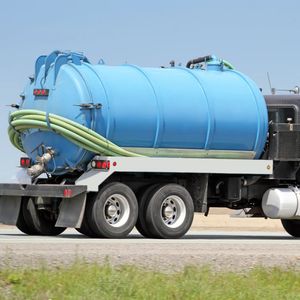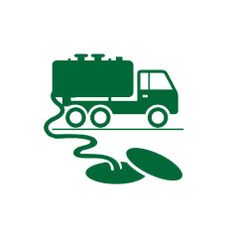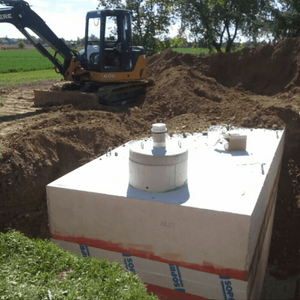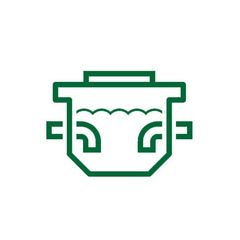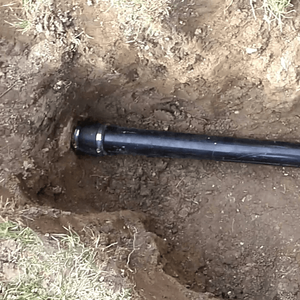If you're in search of exceptional service with a people-friendly touch, your quest ends here. Dan Parr's Waterproofing Sewer & Excavating's primary objective is to cater to your needs and make your interaction with us a delightful one. Our success over the years can be attributed to our unwavering commitment to:
- Highly Skilled Workforce: We take pride in hiring, training, and retaining the most skilled local professionals in the industry.
- Superior Craftsmanship: Our workmanship is second to none, ensuring the highest standards of quality.
- Diverse Service Portfolio: We offer a wide array of services to address a variety of needs.
- Competitive and Affordable Pricing: We provide cost-effective rates, making quality services accessible to all.
WE'LL BEAT ANY WRITTEN QUOTE! FULLY INSURED! FULLY LICENSED!
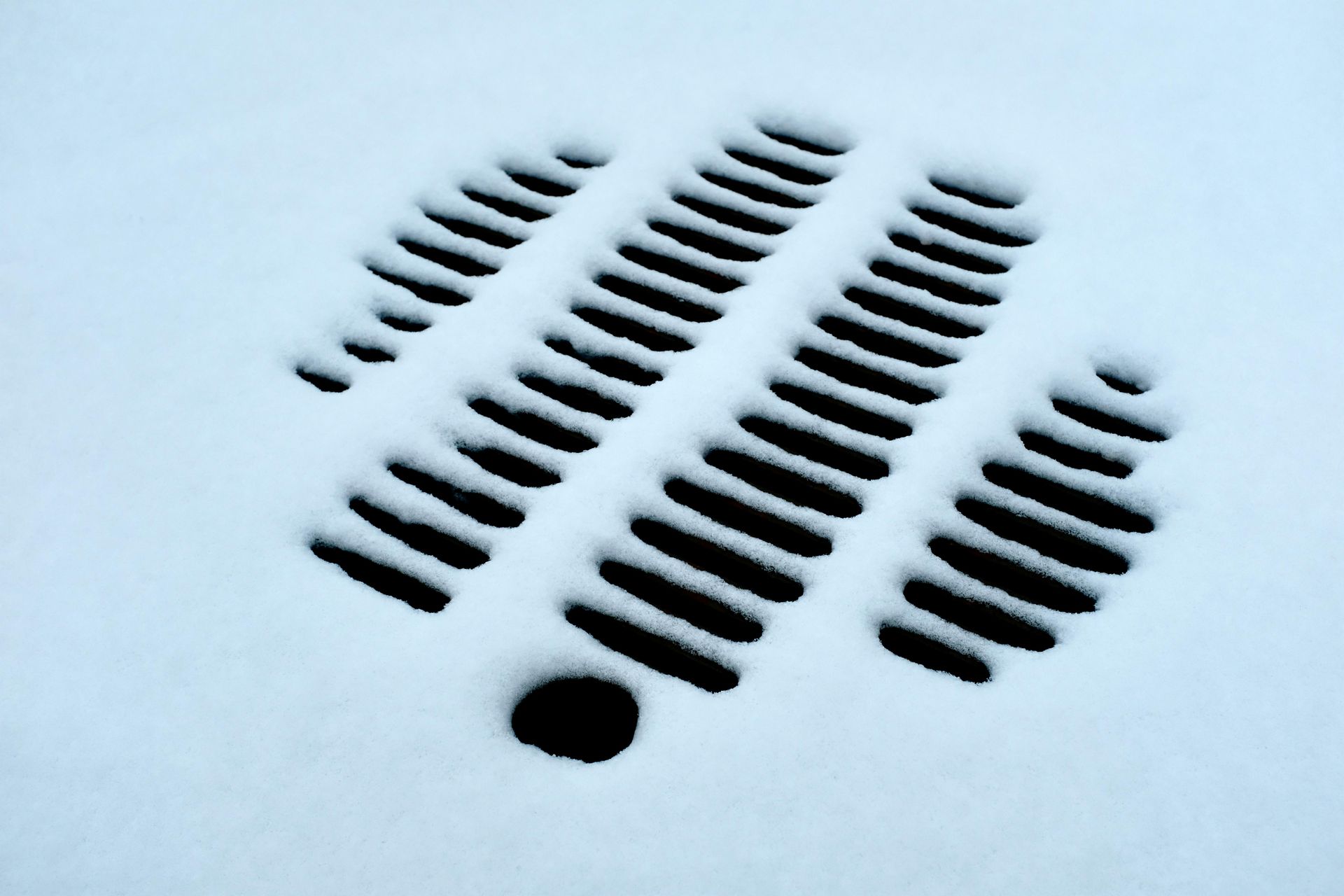
Your septic system is an essential part of your home, quietly managing wastewater day in and day out. Out of sight and out of mind is how most homeowners prefer it. But what happens when a critical component, the drain field, starts to fail? Ignoring the early warning signs can lead to costly repairs, property damage, and significant environmental concerns. Understanding the health of your drain field is key to maintaining a functional septic system. This guide will walk you through the five most common signs of drain field failure. We will explain why these symptoms occur and emphasize the importance of taking swift action.
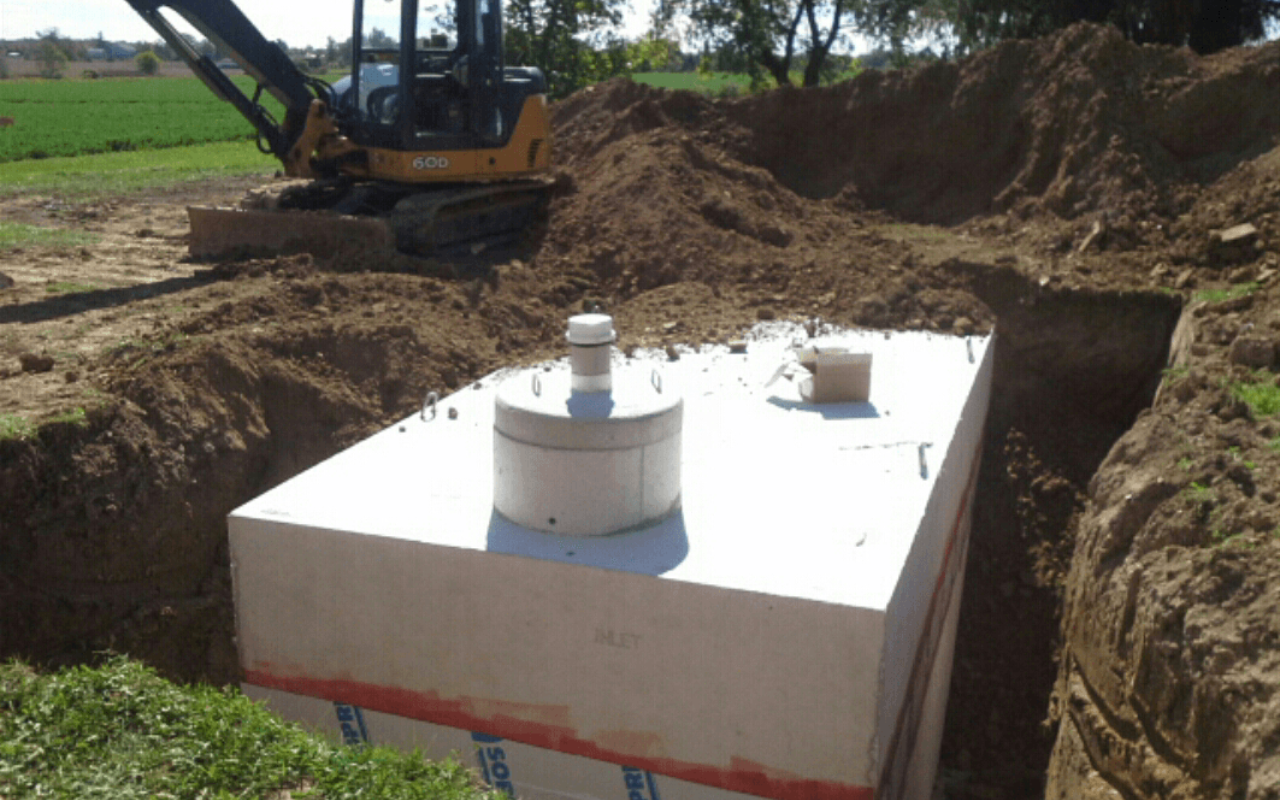
We insulate pipes, check our furnaces, and seal drafty windows. But there's one crucial piece of equipment often overlooked until it's too late: the sump pump. This unsung hero in your basement works tirelessly to prevent flooding. Preparing it for winter is essential to ensure it functions correctly when you need it most, even when temperatures plummet. A frozen or malfunctioning sump pump can lead to a flooded basement, causing thousands of dollars in damage and significant stress. Taking a few proactive steps now can save you from a major headache later.
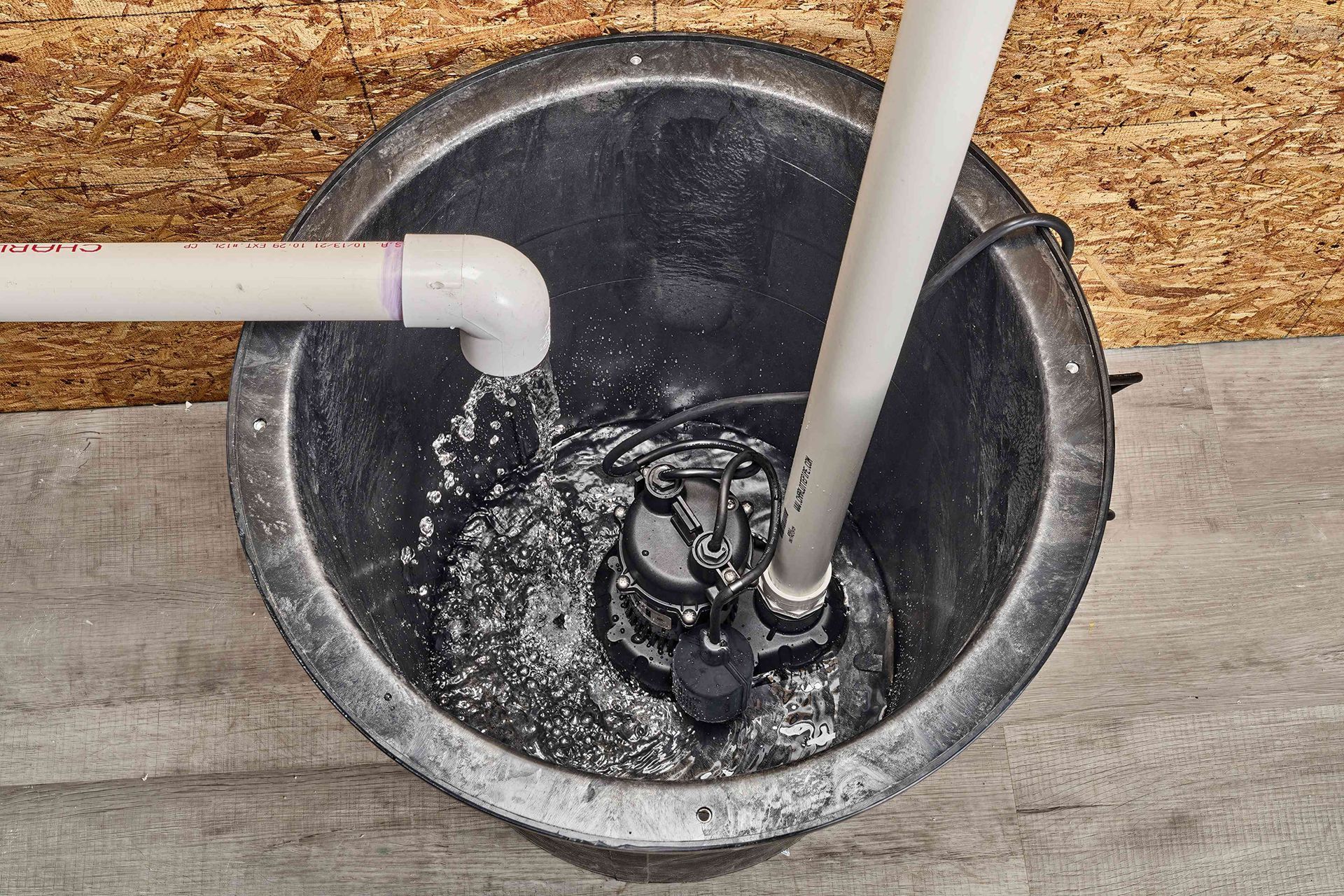
As the seasons change and colder weather approaches, homeowners begin preparing their properties for winter. You might check the furnace, insulate pipes, and seal drafty windows. However, one often overlooked component is the sump pump. This crucial device protects your basement from flooding, but it can fail if not properly prepared for freezing temperatures. A frozen sump pump can lead to significant water damage and expensive repairs. Taking a few preventative steps now can save you from a major headache later. This guide will walk you through the essential measures to winterize your sump pump, ensuring it remains operational when you need it most. We will cover inspection, hose management, insulation, and testing to keep your home safe and dry all winter long.

As the days get shorter and a chill settles in the air, homeowners across the region begin the familiar ritual of winterizing their properties. You insulate pipes, check the furnace, and seal drafty windows. But there's one critical part of your home that often gets overlooked until it's too late: your septic system. A frozen or failing septic system in the middle of winter can be a messy, expensive, and stressful ordeal. Taking a few preventative steps now can save you from a major headache later.
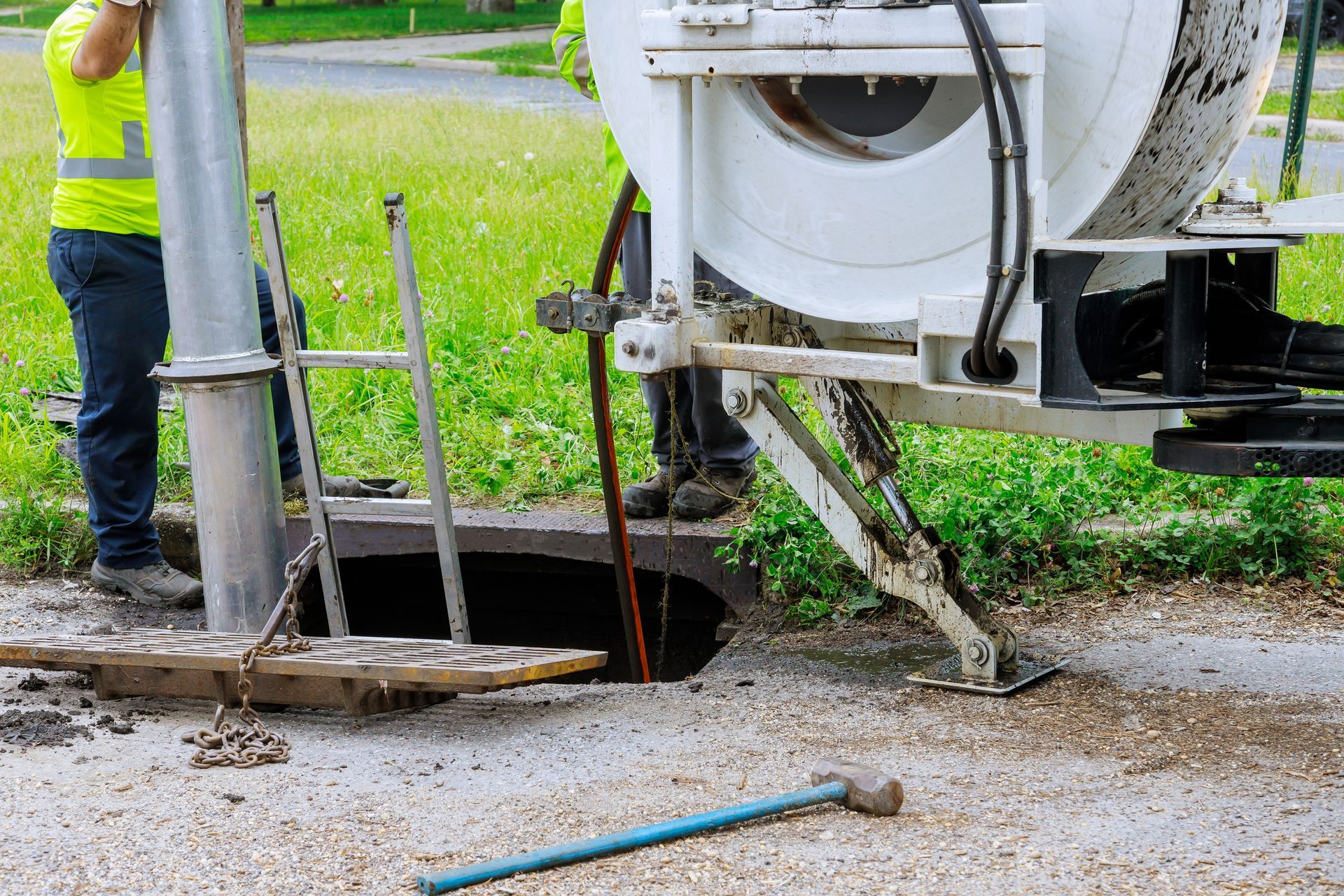
Your septic system is one of the most important components of your home, yet it's often the most neglected. Since it works silently underground, it’s easy to adopt an "out of sight, out of mind" mentality. However, ignoring your septic tank can lead to disastrous and costly consequences, including foul odors, sewage backups, and complete system failure. Understanding and practicing regular maintenance is key to a healthy, long-lasting septic system. So, how often should you have your septic tank cleaned out? The answer isn't a simple one-size-fits-all. Several factors influence the ideal pumping schedule for your household. This guide will walk you through what you need to know to protect your property and your wallet, with expert insights from professionals like Dan Parr Septic Systems and Pumping.
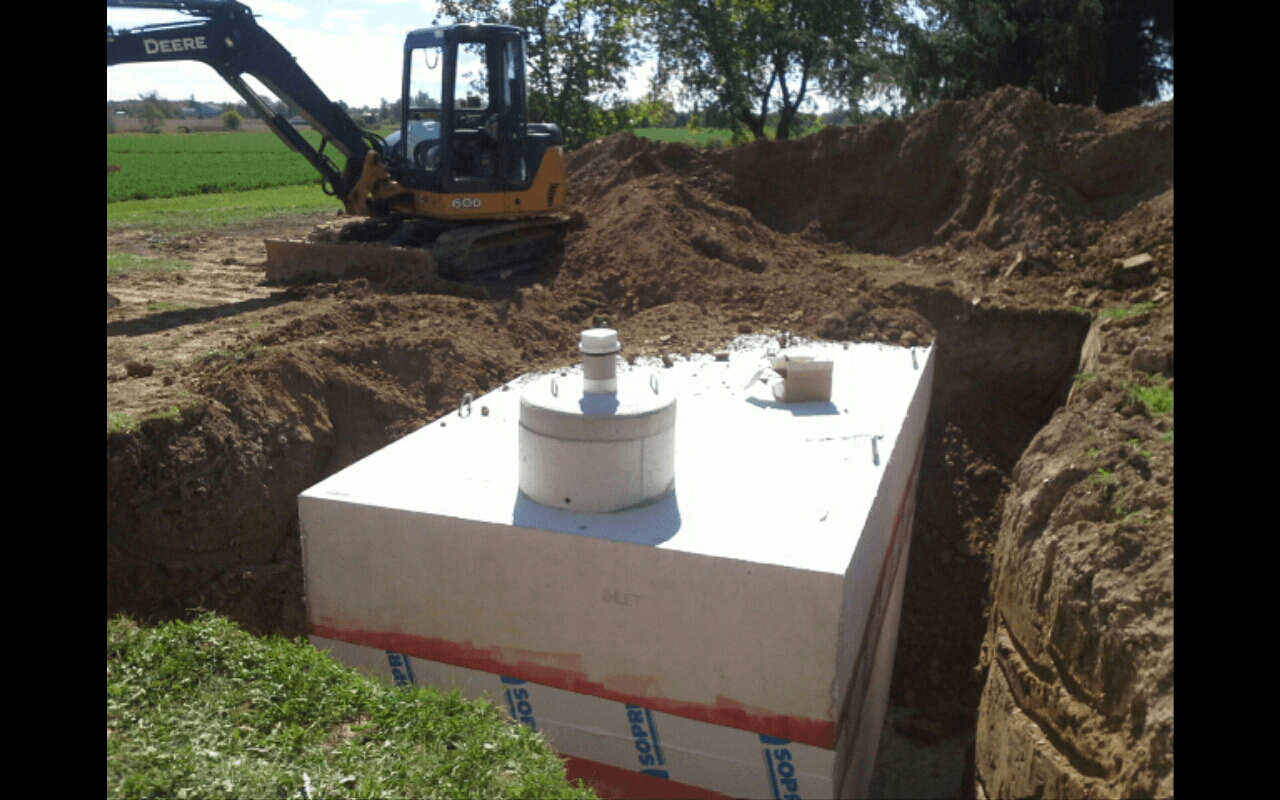
Water is one of our most valuable resources, yet it’s often taken for granted. With growing concerns around water scarcity and rising utility bills, homeowners are seeking practical solutions to manage water efficiently. One such solution is installing a cistern. But what exactly is a cistern, and why should you consider adding one to your home?

